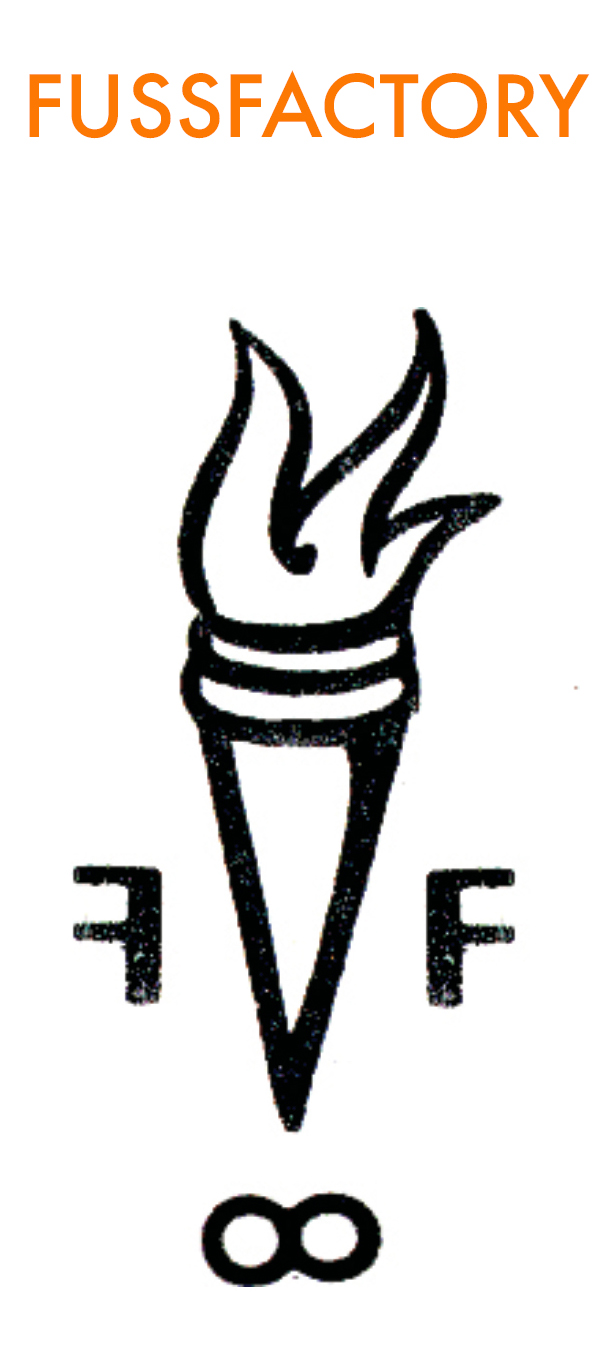#sparkchamber 061217 Cathy Colman
In the #sparkchamber today, the amazing poet [and teacher and journalist] Cathy Colman. Her first poetry collection, Borrowed Dress, won the 2001 Felix Pollak Award from the University of Wisconsin and was on The Los Angeles Times Bestseller list. Her second book, Beauty’s Tattoo, was published by Tebot Bach. Cathy’s poems have appeared in journals such as Barrow Street, The Colorado Review, Gettysburg Review, The Huffington Post, Ploughshares, Prairie Schooner, and elsewhere. She has won The Asher Montandon Award for Poetry and The Browning Award for Poetry.
1.] Where do ideas come from?
My ideas can come from visual art, road signs, reading a novel or other poet’s work that inspires me, nature, politics, TV, philosophy, physics, film. Ideas can come from something I overhear in the grocery store or from listening to Esa-Pekka Salonen conduct Stravinsky’s “Rite of Spring” (you should hear it!). I like to leave the city and write in a more natural, quiet environment. I always go north. I like my ideas “on the rocks.” That is, cold. I always take Leonard Shlain’s marvelous book “Art and Physics” as well as a selection of poets’ books I haven’t read yet and something by John Berger or Gaston Bachelard.
2.] What is the itch you are scratching?
For a long time, I felt the sensation of wanting to create in my hands. Literally. It was a quiet but energetic pulsing feeling and sometimes I’d draw or play piano (classical) or, as a child, make things out of scraps of material like felt and cardboard I found around the house. I no longer have that feeling in my hands. I don’t think there’s any one thing that causes me to create. Sometimes it’s boredom or a kind of trance-like laziness that just ends up with me at the computer sort of channeling stuff from my unconscious. That raw “stuff” gets sieved through the grid of years of craft but each time I sit down I want to “make it new” like Pound said and I also want to make it “mean” in the sense of relevance to what’s going on in the world. I work from a random set of words and phrases, so sometimes just starting to put sentences or lines onto the page creates propulsion. If I haven’t written I feel half-gone, drifting and then a kind of divining rod in my brain? spine? stomach? leads me back to the anchor and challenge of language. The more words you put on the page the more the poem becomes a kind of labyrinth or puzzle you must write your way out of. Also, the idea of mortality births work. “Death is the mother of beauty” as Wallace Stevens wrote, and as I get older time no longer feels “limitless.”
3.] Early bird or night owl, tortoise or hare?
I have suffered from insomnia for many years and even as a child my brain began to “wake up” at night. If I’m having a conversation with someone at 10:30 at night I’ll begin to feel a rush of energy and clarity that I never have during the day. So, definitely owl. Sometimes it takes me a long time to actually begin working (so tortoise-like) but once I start, I write quite quickly. Sometimes, when I’m lucky, an entire poem will just fall out of my head almost completely realized. Not always, though.
4.] How do you know when you are done?
When it shines. I think that’s when I’ve cut out unnecessary lines and words, lineated it, and then suddenly the poem, like a beautiful fish, rises up to the surface. On the other hand, in a way, I’m never done. I go back and look at published poems in my books or in literary magazines and think, “I didn’t really need that “the” or that whole stanza!” Yet again, I think it’s finished when the meaning of the poem and my idea of what I wanted the poem to “mean” (or express) are as close to being a mirror-image as possible. When that distance is closed it’s very satisfying.


